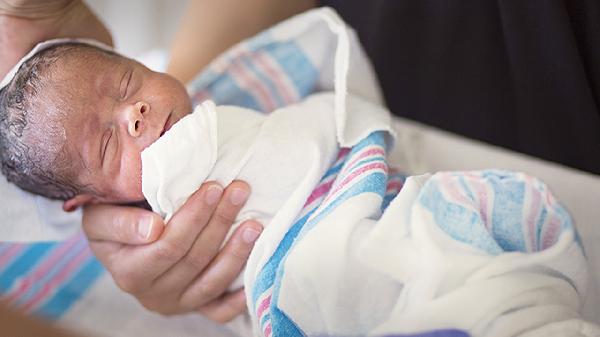Generally, babies start to drool around 4 months old. Their mouths, cheeks, little hands, and even clothes can get soaked with saliva. In fact, drooling is normal and indicates that the baby is entering a new stage of growth and development, moving beyond the newborn phase.
However, many parents worry that excessive drooling might lead to other issues. Today, we’ll share some practical tips for parents on how to care for a drooling baby. While drooling is a normal phenomenon, it doesn’t mean that care isn’t necessary. Proper care is crucial. If a baby drools excessively, parents need to address it promptly; otherwise, the saliva can irritate the baby’s delicate skin and, in severe cases, cause drool rash. So, what should you do?

1. Wipe the drool promptly
If a baby’s drool isn’t wiped away in time, it can irritate their skin. Even if the saliva dries, it can still cause redness, dryness, or even a rash, known as "drool rash." Parents should wipe the baby’s drool as soon as it appears to prevent skin irritation. Be sure to use a soft cloth or tissue.
2. Care for saliva-soaked skin
After wiping away the drool, apply a gentle moisturizer to the affected area. Choose a baby-specific, natural, and mild cream, and apply a thin layer to soothe the baby’s skin.
3. Use drool bibs or bandanas
Drool bibs or bandanas can help prevent saliva from soaking the baby’s clothes. Modern triangular drool bibs are not only cute and fun but also add a pop of color to the baby’s outfit while keeping their clothes clean and dry.
4. Let the baby chew on teething toys
Increased drooling might also be a sign that the baby is teething. The emergence of baby teeth can cause gum swelling and itching, leading to more saliva. During this phase, parents can give their baby teething toys to chew on, which can help with tooth eruption. Silicone teethers are a good option, and as the baby’s teeth come in, the drooling will naturally decrease.
After the baby turns 1 year old, as their development progresses, drooling will no longer be as excessive. Therefore, proper care during this special period before the age of 1 is essential. The tips above can help parents provide effective and appropriate care, reducing the discomfort caused by excessive drooling.
























